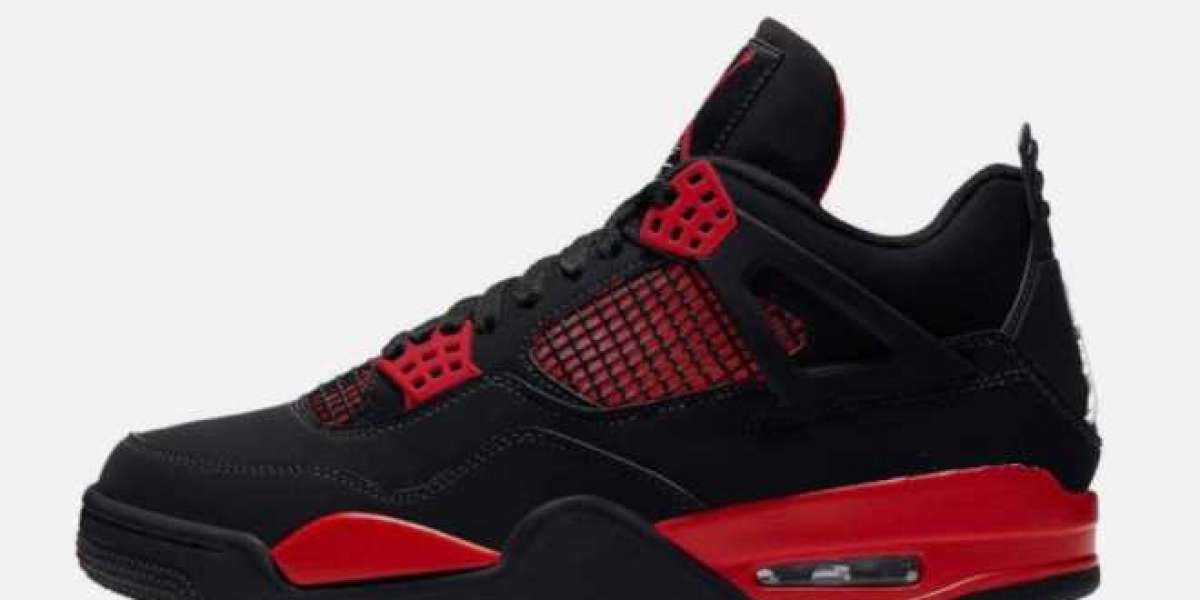More experts now recommend medical masks. Good ones are hard to find.
The spread of coronavirus variants in the United States has prompted some public health experts to recommend doubling up face coverings or donning medical-grade masks.To get more news about mask supplier, you can visit tnkme.com official website.
Officials initially discouraged most people from buying medical masks such as N95s and KN95s, to try to protect the supply for health-care workers. Doctors and nurses have used individual medical-grade masks for far longer than recommended as shortages have continued during the pandemic.
Although federal officials have not changed their guidance on medical masks, experts’ suggestions are prompting questions about whether and how to access these face coverings as the variants threaten the country’s progress against the virus.The initial shortage has eased, but there still aren’t enough medical masks for health-care workers, let alone others. Demand for N95s is 500 to 1,000 percent higher than it was a year ago, said Megan Ranney, co-founder of Get Us PPE, which helps front-line workers obtain personal protective equipment.
Even many health-care workers at well-financed hospitals wear N95s for anywhere from a day to a month, instead of changing them in between patients like they did before the pandemic. Smaller facilities are struggling even more, Ranney said. Some are relying on KN95s, a Chinese equivalent that U.S. health-care workers consider less desirable.
N95s, which once cost $1 or less each, now sell for up to $5. And for both N95s and KN95s, a surge of fraudulent or faulty products on the market has sometimes made identifying high-quality options difficult.
“Everyone is cutting corners,” Ranney said. “There is no health-care facility in the country that is using PPE the way that it did pre-pandemic.”Both the market for N95 masks and the national stockpile were small before the pandemic. The U.S. imported at least half of its PPE, including medical masks, from China, where exports shrank for months because of the outbreak, said Scott Paul, president of the Alliance for American Manufacturing, a nonprofit organization that advocates for public policies to benefit U.S. manufacturers.
Major suppliers such as 3M and Honeywell dramatically increased production last spring and summer but didn’t come close to the 3.5 billion masks that federal officials estimated were needed to fight the virus. Barriers to entry, including uncertainty about demand post-pandemic, discouraged other companies from entering the market, Paul said.
The Trump administration took a relatively hands-off approach in encouraging the production of N95s. Federal officials arranged contracts with manufacturers, but the president mostly avoided using the Korean War-era Defense Production Act to compel companies to make masks.
If you’re going to buy KN95s, choose a type that has received emergency use authorization from the Food and Drug Administration, said Anne Miller, executive director of Project N95, a nonprofit organization that helps health-care and other essential workers access protective gear. The FDA keeps a list of approved products, which the agency refers to as “respirator models manufactured in China.”
The Centers for Disease Control and Prevention’s National Institute for Occupational Safety and Health also maintains a website focused on counterfeit N95s for reference.
It’s not clear whether buying N95s on the open market affects the supply available to doctors and nurses, whose contact with coronavirus patients puts them at heightened risk of infection. Health-care facilities don’t usually get N95s from the retailers where an everyday shopper might buy them, said Tom Frieden, former director of the CDC.








